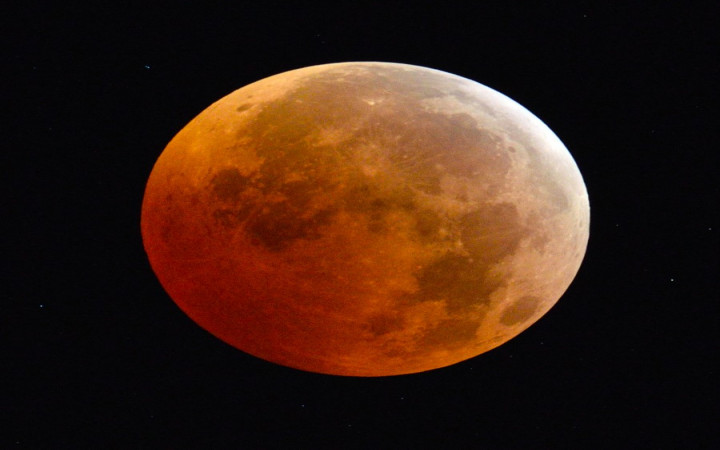Today’s Wonder of the Day was inspired by Tim. Tim Wonders, “How does a lunar eclipse work” Thanks for WONDERing with us, Tim!
With today's modern technology, we're able to know more than ever before about our world and what lies beyond in our solar system and the larger universe. Advances in the field of astronomy allow scientists to keep us updated on exactly when various celestial events take place.
For example, have you ever seen news reports about upcoming unique events, such as shooting stars and full Moons? On August 21, 2017, a total solar eclipse was visible across much of the United States in a way that hasn't happened since 1918! Even 100 years ago such events would have occurred without most people knowing about them.
Can you imagine what ancient peoples must have thought when they unexpectedly saw the Sun go dark in the middle of the day during a solar eclipse? Or when the Moon disappeared from sight in the middle of the night during a lunar eclipse? They might have thought the world was coming to an end!
Today, astronomers can tell us exactly when these types of events will occur and exactly where on Earth you'll need to be to experience them. Thanks to modern science millions of people can experience such fascinating events and learn more about them.
Have you ever seen a lunar or solar eclipse? And what's the difference between the two anyway? Let's take a closer look at these two impressive celestial phenomena.
Both eclipses involve the same three heavenly bodies: Earth, the Sun, and the Moon. When these three happen to line up, one of them gets blocked from the normal line of sight.
For example, during a solar eclipse, the Moon lies between Earth and the Sun. The Moon blocks the normal view of the Sun from Earth, creating the unique experience we call a solar eclipse.
Likewise, during a lunar eclipse, Earth lies between the Sun and the Moon. The Moon appears to disappear and then reappear as it passes through the shadow cast by Earth.
Lunar eclipses occur during the full Moon, which is when the Moon is opposite the Sun in the sky. You may be WONDERing why there's not a lunar eclipse every month then, since we have a full Moon every month.
Lunar eclipses don't occur monthly because the Moon's orbit is tilted about five degrees compared to Earth's orbit around the Sun. If this tilt didn't exist, we'd see a lunar eclipse every month.
If you've ever seen an eclipse, chances are you've probably seen a lunar eclipse more often than a solar eclipse. Since the Moon is over 300 times closer to Earth than the Sun, there's simply a greater chance that Earth will block light to the Moon than the Moon blocking light from the Sun.
Solar eclipses are rarer and, when they do occur, they can usually only be seen for a short time by a narrow portion of Earth's population. Lunar eclipses, on the other hand, are easier to see (they're at night!) by a much larger portion of Earth's population.
If you hear about an upcoming eclipse, make sure you set aside time to view it with friends and family members. If it's a lunar eclipse, you might have to stay up late, but you'll be able to watch it with the naked eye. If it's a solar eclipse, you'll need to wear some sort of protection for your eyes, since it is very dangerous to stare at the Sun with the naked eye during a solar eclipse.





